Abu Dhabi group enters grape, date hunt
- New Era
- 28 May 2010
Government of Namibia has leased land to Namibia Development Corporation and the Abu Dhabi-based Al Dhahra Agricultural Company to produce farm grapes and dates on a large commercial scale

Government of Namibia has leased land to Namibia Development Corporation and the Abu Dhabi-based Al Dhahra Agricultural Company to produce farm grapes and dates on a large commercial scale

NCB Capital estimates that Saudi Arabia and the United Arab Emirates, the main buyers of African land, have acquired some 6 million acres worldwide, largely in Sudan, Pakistan and Indonesia. Other estimates are much higher.
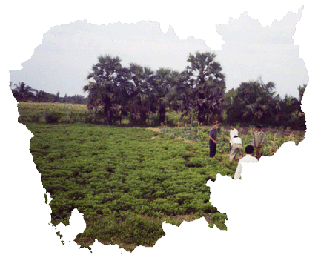
An increasing number of Indian companies are expected to use Singapore as a springboard for their global operations, including overseas farmland investments

Better food and know-how for China, more food for Singapore: if the deal actually comes to pass, it strikes me as a fairly solid bargain, writes Te-Ping Chen.
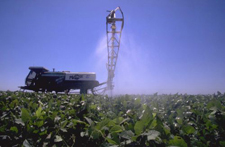
Argentina will welcome investment from Saudi Arabia in its agricultural sector so the Kingdom can guarantee its own food security, the Argentine Embassy has said.

Amid much talk about the need for "codes of conduct" to help regulate this new phenomenon, I found myself wondering whether Cecil Rhodes would have signed such a code. He probably would, and have then gone on to completely disregard it.

NZ government-owned farming company Landcorp may bid for 16 big farms at the centre of controversy over their potential sale to a Chinese-backed investor.

The NZ Super Fund is "going hard" on the acquisition trail for stakes in prime New Zealand assets like rural land, state-owned enterprises, smaller high-growth companies and iwi businesses.

We believe that farmland, and agriculture generally, will shortly move beyond the ‘acceptable’ in the eyes of the world’s investment management community and become a core product.
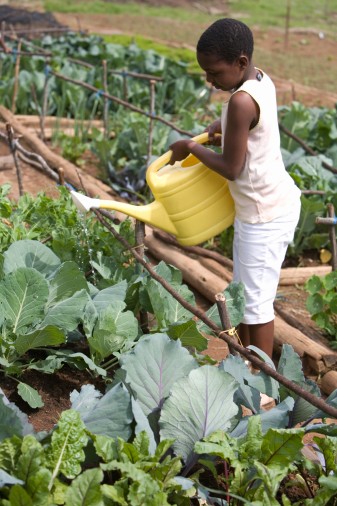
South Africa, which became a net importer of food two years ago after two decades of net exporting, is developing African agricultural ambitions of its own.
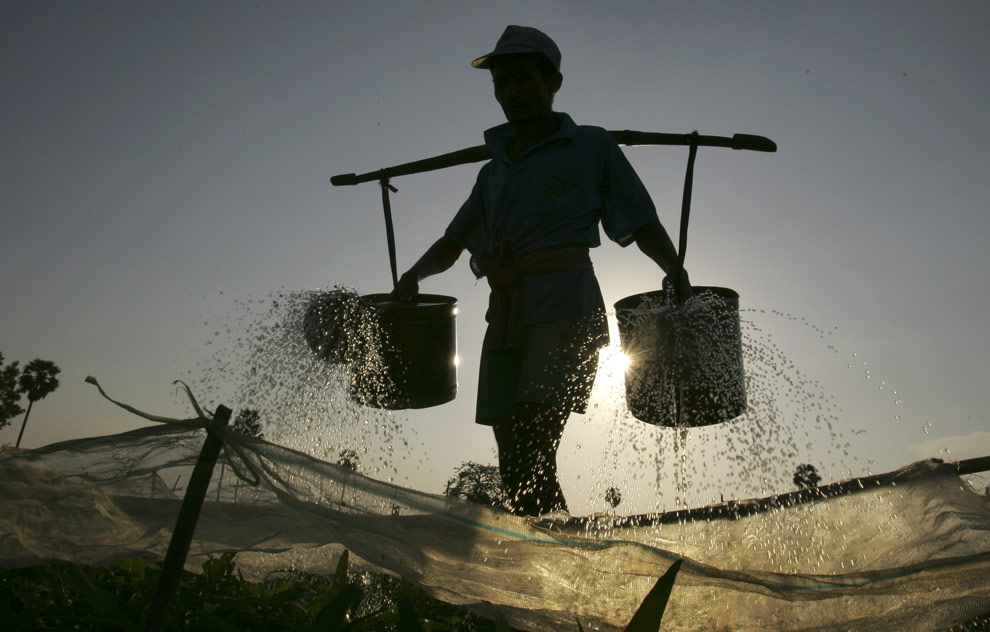
"People lose their access to land simply so that rich and powerful Cambodians and foreign investors can make profit from cash crops for export."
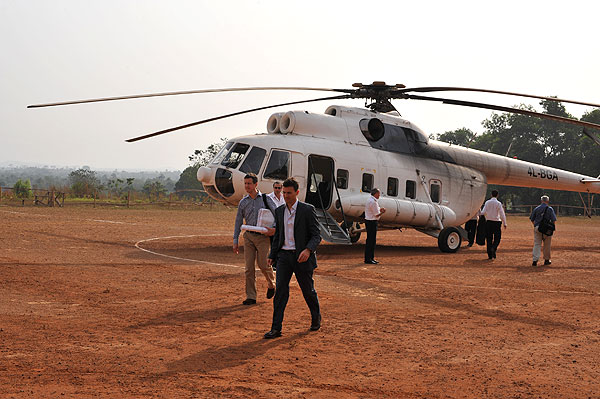
A seminar in Zurich brought together development experts to put the issue into context and take a long term view.